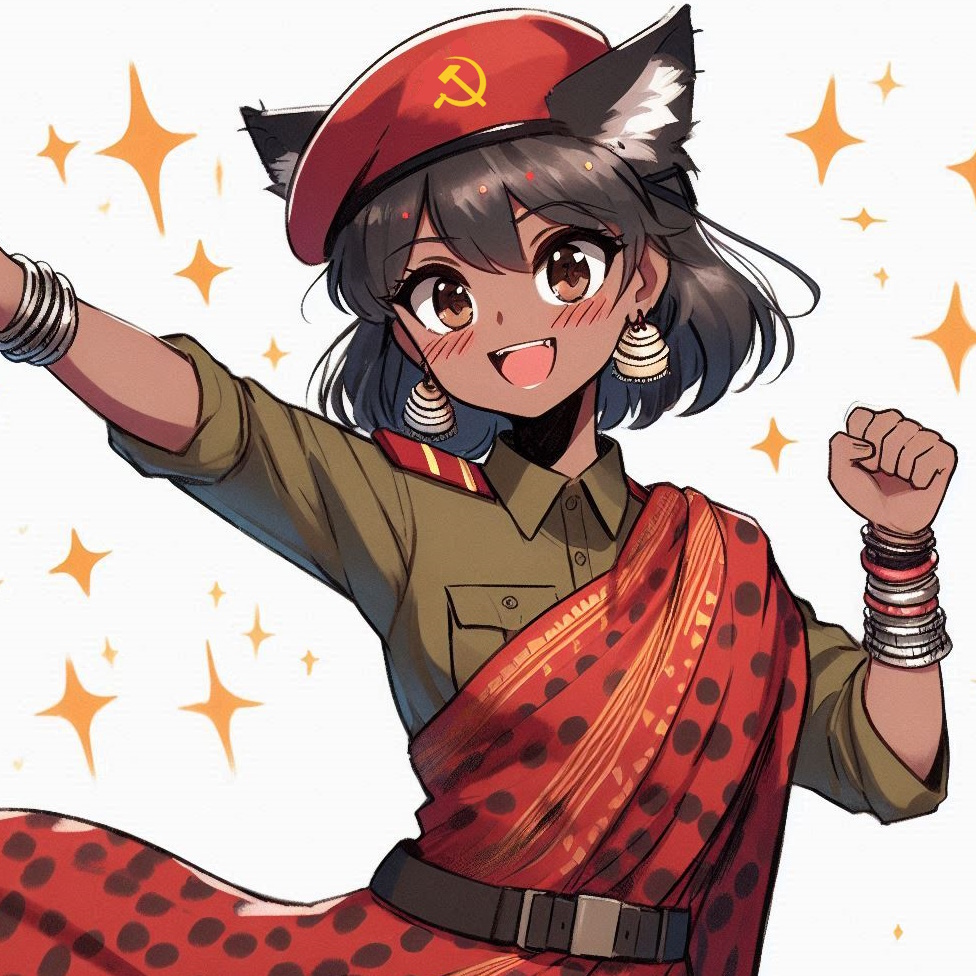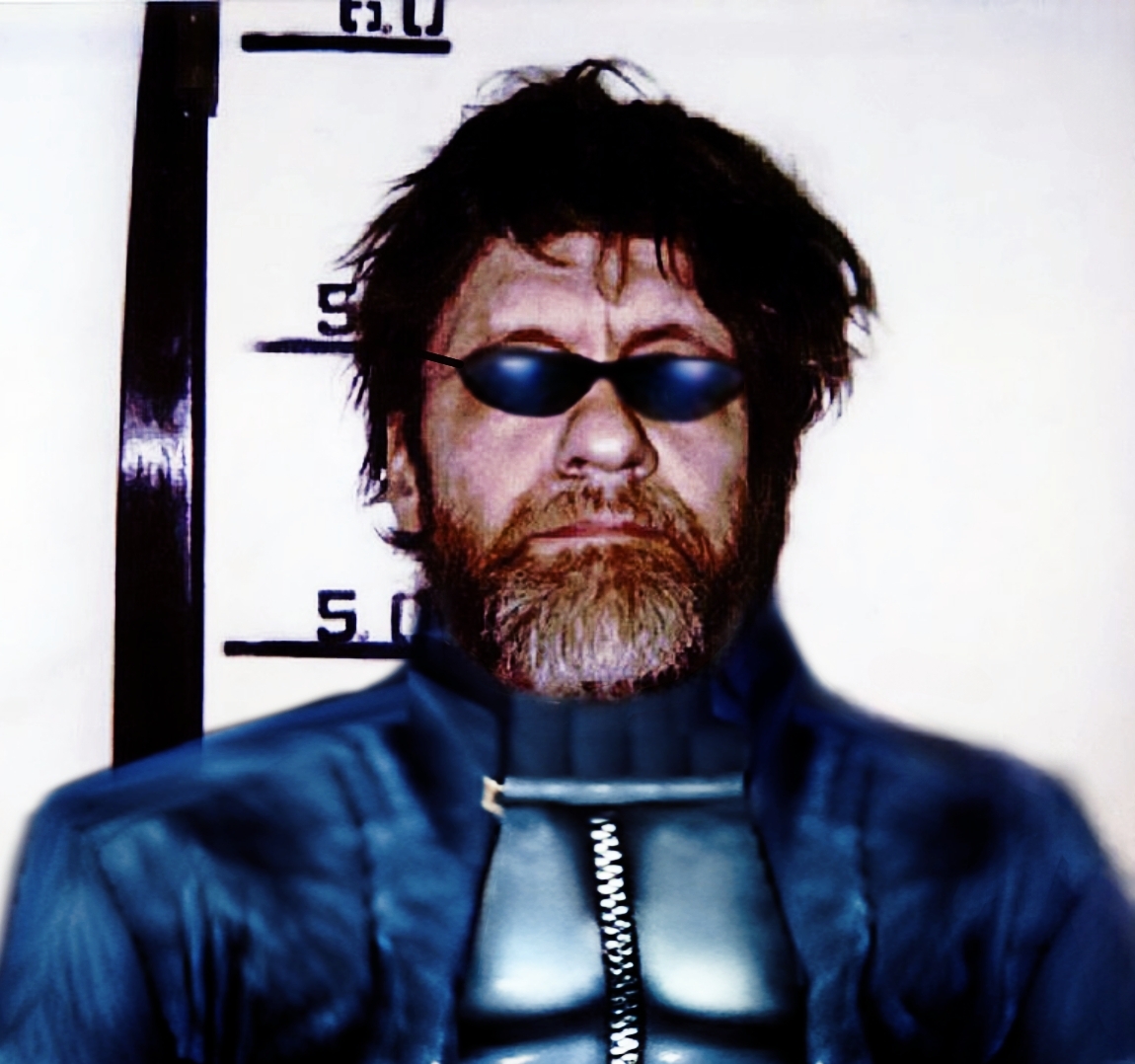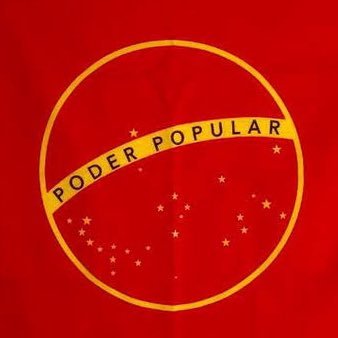The Federation is Socialist, but Star Trek is not a Marxist piece of media.
It follows a Liberal, Democratic-Socialist, Reformist line of thinking - that, at least once the world has been shocked by the brutality of global war and eugenics - Humanity will “come to it’s senses” and move towards Democratic Socialism through reform. When post-scarcity is achieved, the Capitalist class will just let this happen.
It is a Socialist world devoid of the ideas of class conflict; it presents a world compatible with Socialist ideals but not one compatible with scientific Socialist theory.
That’s not to say you can’t still like Star Trek as a show or use the Federation as an example of a good Socialist society. You just have to keep in mind that the world’s history does not make sense when viewed through the lens of Marxist class conflict.
Just because Star Trek depicts a post-class society (and is vague about how it arrives there), doesn’t make it not Marxist. It just focuses on the end result of Marxism (the abolition of classes / post-class), rather than the historic period of class conflict.
My point was that the Socialist society of Star Trek’s Federation was not arrived through class struggle - it imagines a world where the Capitalist class just “allowed” Socialism to happen, instead of manufacturing scarcity to maintain their positions.
I was not claiming that the Federation in Star Trek is not compatible with Marxism/is not a Marxist state; I am claiming that the world of Star Trek does not work according to the Marxist understanding of historical materialism. Instead, it uses the Democratic-Socialist framework - it ignores bourgeois class interests and imagines a world where progress can be made through peaceful Democratic reform.
You’re focusing on a period of socialism that Star Trek doesn’t depict, and criticizing things that are missing (the historic period of class struggle), not what’s there (a post-class society focused on exploration and mutual cooperation with other worlds).
It seems a stretch to say trek is demsoc, or that the transition was a peaceful reformist one. We’re given hints that the abolition of classes occurred after a violent nuclear world war which nearly destroys humanity, massive internal upheavals and poverty, and the arrival of vulcans. I agree it’d be nice if that was elaborated upon more, but that’s a different show, and certainly not one that would be allowed to be made in the belly of the beast.
once the world has been shocked by the brutality of global war and eugenics - Humanity will “come to it’s senses” and move towards Democratic Socialism through reform
The “brutality of global war and eugenics” already happened in WW2, but did Humanity come to it’s senses? Even after it ended?
Even if it did, has a certain bald eagle allowed them to come to senses?
I would argue that broadly it is. I present one of my favorite quotes from the show as evidence:
“The acquisition of wealth is no longer the driving force in our lives. We work to better ourselves and the rest of humanity.”
― Capt. Jean-Luc Picard
Agree, and deep space nine really gets into the complexities of defending AES from imperialist powers(USSR or PRC vs USA), and indigenous resistance (maquis, bajor). Sisko (basically federation Stalin), nailed it with the line: “Its easy to be a saint in paradise”.
“Its easy to be a saint in paradise”.
- Benjamin “Fred” Sisko, “On Authority”
I don’t get the line
The two main anatagnositic forces in DS9 are the Cardassian Empire and the Dominions - different flavours of fascism. Sisko will often use tactics not technical fitting within the moral framework of the Federation to defend the Federation from both.
the federation condemns the marquis and their acts, sisko is somewhat sympathetic with then and says that is easy to criticize the marquis, people that got kicked out of their homes for being violent, when we have our bellies full
In a lot of previous trek shows, the federation is occasionally under siege, but its nearly always depicted as a simple “good vs evil” trope, and the federation never has to get it hands dirty, or do morally questionable things. For the most part, the federation is just peacefully exploring the galaxy, and enjoying paradise.
But that’s not how things usually are: we know from experience that socialism is always under siege / under attack from imperialist powers, and as a response they have to develop armies and war industries, intelligence services, cultivate alliances, move populations, and practice realpolitik. Deep space nine forces its characters to encounter these moral conundrums, and we empathize with them. Its easy to be a saint in paradise, but its much more difficult to live in the real world of moral ambiguity where protecting your people is the most important thing.








